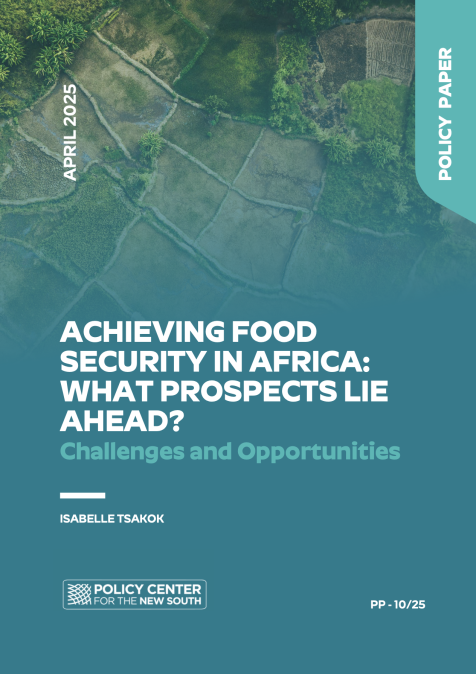Publications /
Policy Paper
Africa has strong prospects for achieving food security within a generation— provided its leadership effectively mobilizes domestic and foreign funds, drives strategic investments, and strengthens institutions that incentivize smallholders and other stakeholders to invest in resilient, high-productivity agriculture amid accelerating climate change.
This is undoubtedly a tall order. However, the time is now to seize the golden opportunity of regional market integration through the African Continental Free Trade Area (AfCFTA) as a catalyst for sustainable and inclusive agricultural transformation. Such a transformation can create powerful linkages across the economy, thereby fostering job-generating growth, particularly for youth, women and other marginalized groups.
African leadership stands at a crossroads: harness the continent’s vast potential—including its human capital—or continue with business as usual, risking a devastating human toll. While the challenges are substantial, successful experiences of market integration elsewhere suggest that transforming agriculture and agrifood remains a “low hanging fruit.”











